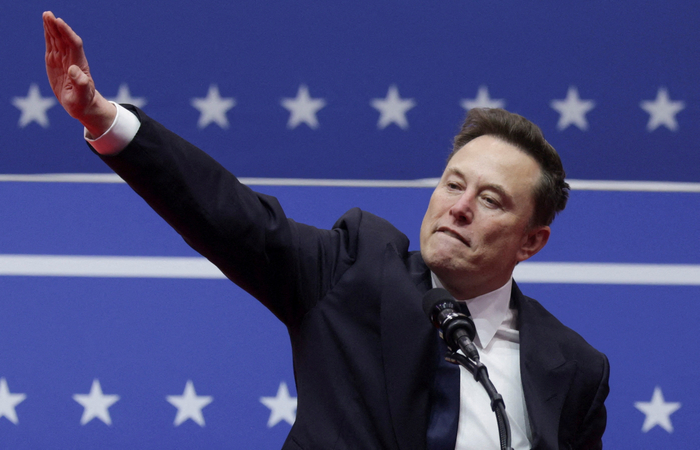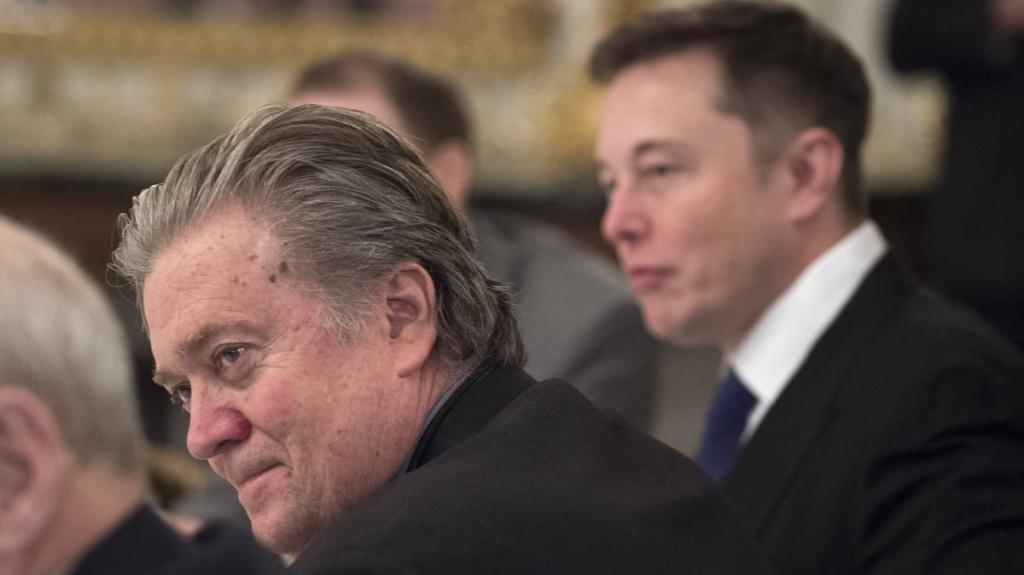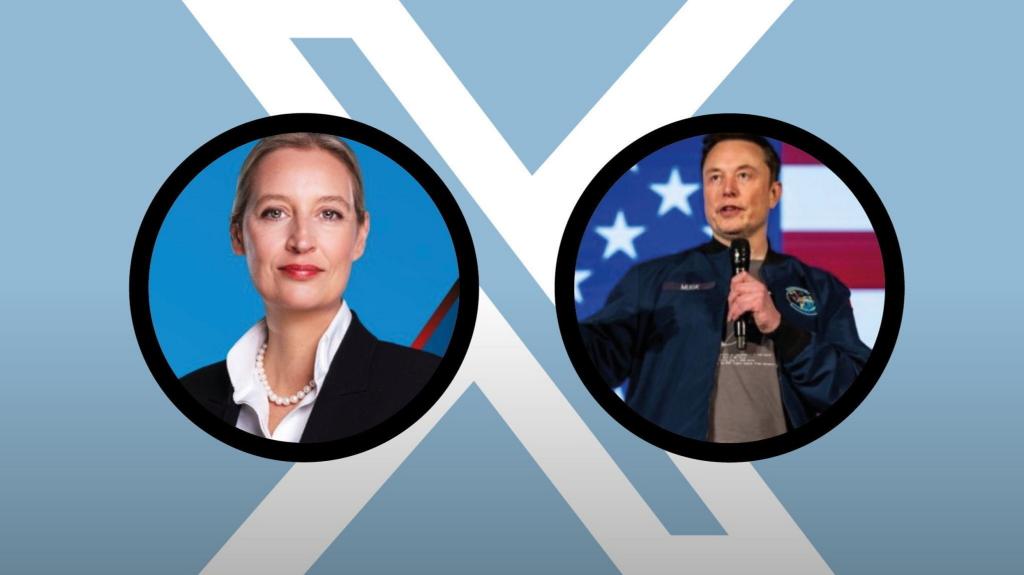Elon Musk Faces SEC Lawsuit Over Twitter Stock Disclosure Issues
The SEC's lawsuit against Elon Musk raises critical questions about transparency and corporate governance following his controversial Twitter stock acquisition.
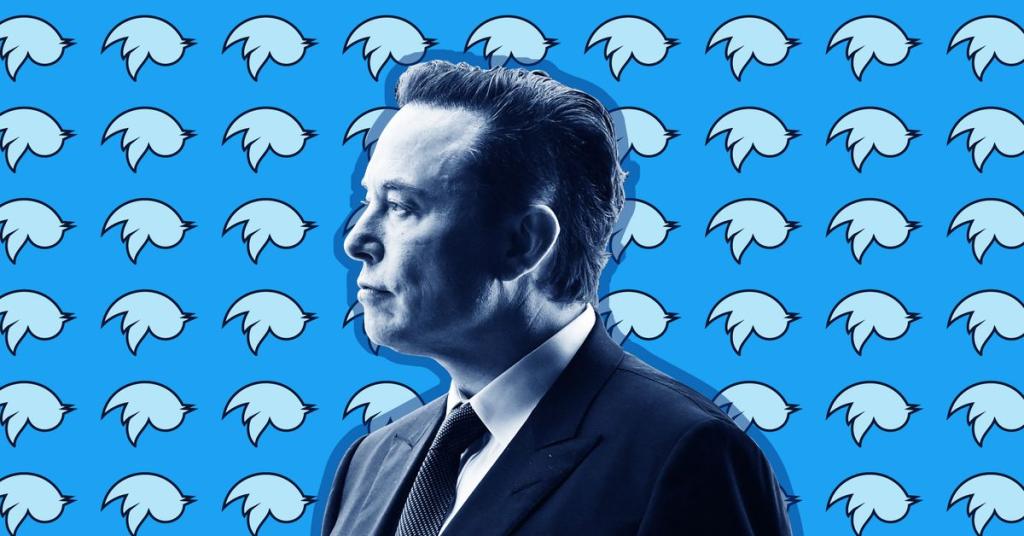
Key Points
- The SEC has filed a lawsuit against Elon Musk
for failing to timely disclose his significant stake in
Twitter, allegedly allowing him to buy shares at artificially low prices.
- Musk's defense claims the SEC's actions demonstrate a political agenda and lack substantial evidence, arguing he has committed no wrongdoing.
- The outcome of this lawsuit could set important precedents for securities regulations and corporate governance practices in the tech industry.
The recent lawsuit filed by the
(SEC) against Elon Musk has captured widespread attention, igniting discussions on the implications of securities regulations and transparency in corporate governance. This new legal battle stems from Musk's acquisition of Twitter, now branded as X, and allegations of failing to disclose significant stock ownership in a timely manner, thereby potentially impacting investors' decisions. As we delve deeper into this case, it becomes clear that it is layered with complexities involving both regulatory frameworks and Musk's public persona.
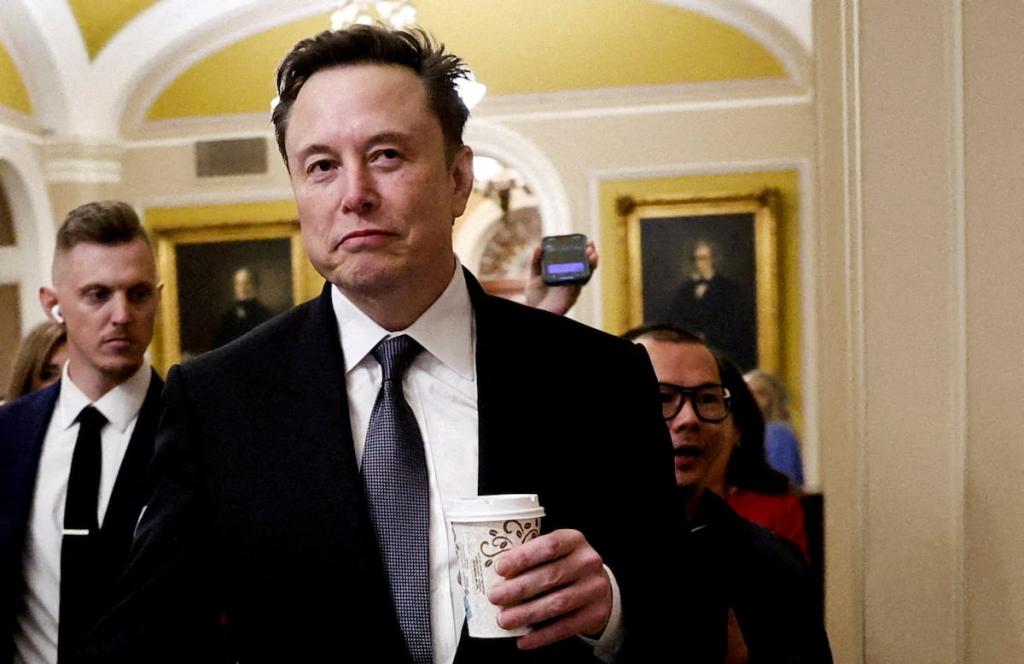
The Allegations
The SEC alleges that Musk violated securities law by neglecting to file a beneficial ownership report regarding his 5% stake in Twitter within the mandated 10-day window. Musk's purchase of over $500 million worth of Twitter shares before publicly announcing his ownership allowed him to buy at artificially low prices, reportedly enabling him to underpay by at least $150 million for those shares.
This raises significant questions about market fairness. By delaying disclosure, Musk not only misled investors but could also have disrupted the equilibrium of stock prices during that critical time. In the eyes of the SEC, this behavior has consequences, as it undermines investor confidence and the integrity of the securities market.

The Legal Precedent
This isn't Musk's first encounter with the SEC. Back in 2018, he faced legal challenges following his controversial "funding secured" tweet regarding Tesla. That incident resulted in a settlement where both Musk and Tesla paid fines of $20 million. This history intensifies the scrutiny surrounding his actions and serves as a reminder of the SEC's vigilant approach to corporate governance.
The current lawsuit, while focused on a singular issue of non-disclosure, also acts as a reflection of the SEC’s broader mission to ensure transparency and uphold market integrity. With the stakes significantly high due to Musk's profile, this case will be closely monitored by investors and regulators alike.

Insights from the Defense
In defense of Musk, his attorney,
, argues that the SEC is engaging in a campaign of harassment against his client. Spiro contends that the SEC’s case lacks substantial evidence and is more of a political maneuver than an actual violation of law. He emphasizes that Musk has done nothing wrong and insists that the single-count complaint is a testament to the SEC's inability to present a robust case.
Moreover, this legal battle comes at a time when Musk has been a significant supporter of US political figures, raising questions about the intersection of business, politics, and regulations. Musk's perceived status as a political ally could complicate the perception of the SEC's motives, adding another layer to this unfolding narrative.
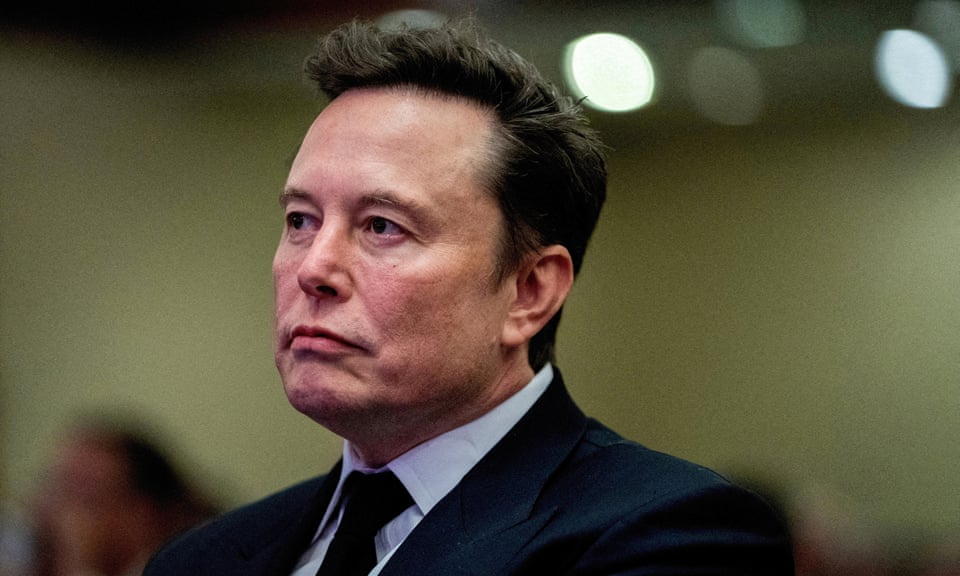
The Implications Ahead
As the lawsuit progresses, several implications arise not just for Musk but for the broader landscape of securities regulations. Should the SEC succeed in its claims, it could set a precedent for stricter compliance and greater penalties for high-profile individuals who engage in similar actions. This could serve as a strong warning signal to other corporate leaders regarding the importance of timely disclosures and adherence to securities laws.
On the other hand, if Musk successfully defends against these allegations, it will not only reinforce his narrative of victimization but also potentially embolden other executives to challenge SEC enforcement actions. The outcome will likely reshape how securities regulations are viewed in conjunction with the public behaviors of influential figures in the tech industry.

This lawsuit against Elon Musk by the SEC showcases the intricate relationship between high-profile corporate leadership and regulatory frameworks. As this significant legal battle unfolds, it remains crucial for stakeholders—investors, regulators, and the public—to actively engage in the discourse surrounding corporate governance and ethical practices. Ultimately, the implications of this case could resonate well beyond Elon Musk, shaping future policies and practices within the corporate world.
